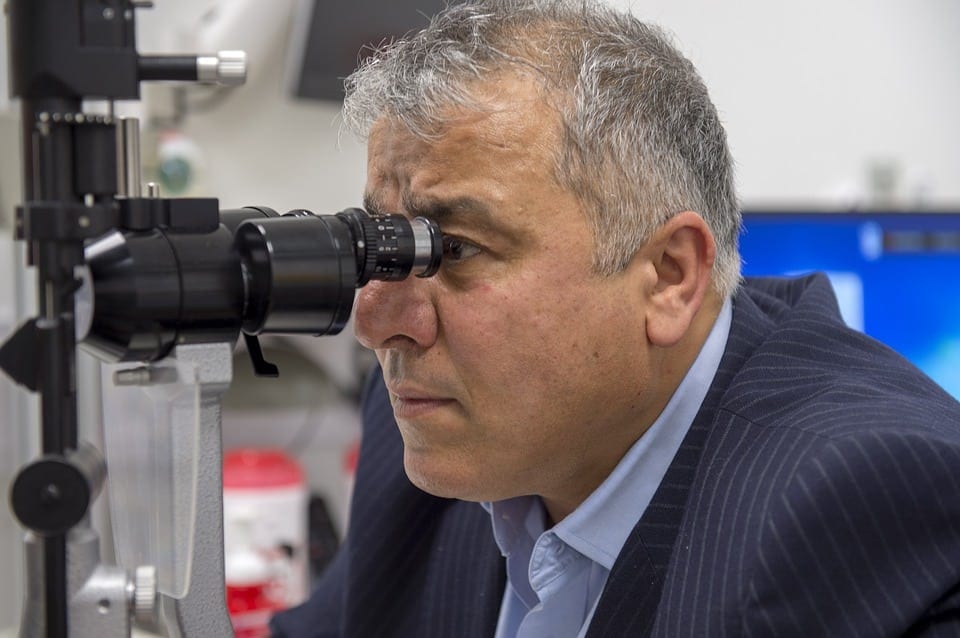According to an announcement from the pharmaceutical company Retrophin, Inc., the company is starting to move forward with phase 3 trials for its drug candidate sparsentan. The drug is in development for the treatment of focal segmental glomerulosclerosis. This is a rare kidney disorder that currently has no approval treatments available to the public.
Focal segmental glomerulosclerosis (FSGS) is responsible for roughly a sixth of nephrotic syndrome cases in children and adults. Nephrotic syndrome describes a group of signs and symptoms that appear due to damage to the kidney. Symptoms include excess fluid within the body, puffy eyes, swelling throughout the body (edema), anemia, and shortness of breath. focal segmental glomerulosclerosis is the most common cause of nephrotic syndrome in adults, and is characterized by scarring in the glomeruli. In some adults, the condition results in kidney failure and excess proteins detected in the urine. As a result, dialysis may be necessary in many people with the condition. A kidney transplant is also an option in some cases. To learn more about focal segmental glomerulosclerosis, click here.
Generally, most people with FSGS will eventually have to deal with kidney failure as their condition progressively worsens. This can mean major disruption to the patient’s life, especially if they must turn to dialysis in order to keep themselves alive. While there are some treatment options for FSGS, they mostly address symptoms and are not able to stop progression. Hopefully sparsentan will be able to offer FSGS patients a better way out that will allow them to avoid kidney failure altogether.
The study is projected to involve nearly 300 patients in order to test the new drug, and it will involved both children and adult patients. The study will measure the effectiveness of sparsentan by assessing if patients have achieved some remission of proteinuria, a condition of excess proteins in the urine that is a common symptom of FSGS. This will be assessed after a period of 36 weeks of treatment.
The treatment has performed well in previous trials and has also obtained orphan drug status from both the U.S. Food and Drug Administration (FDA) and the European Medicines Agency (EMA). Hopefully, this next round of trials will be as promising as the last.







